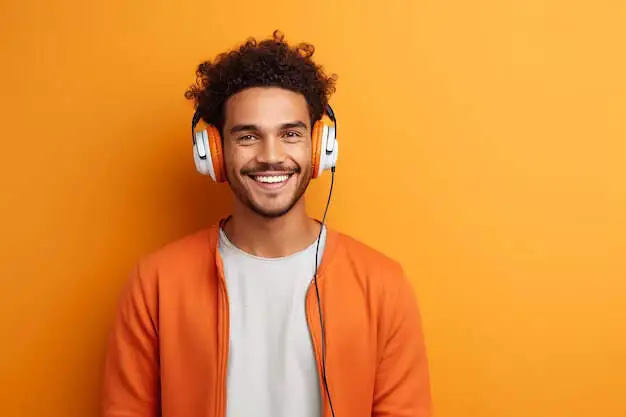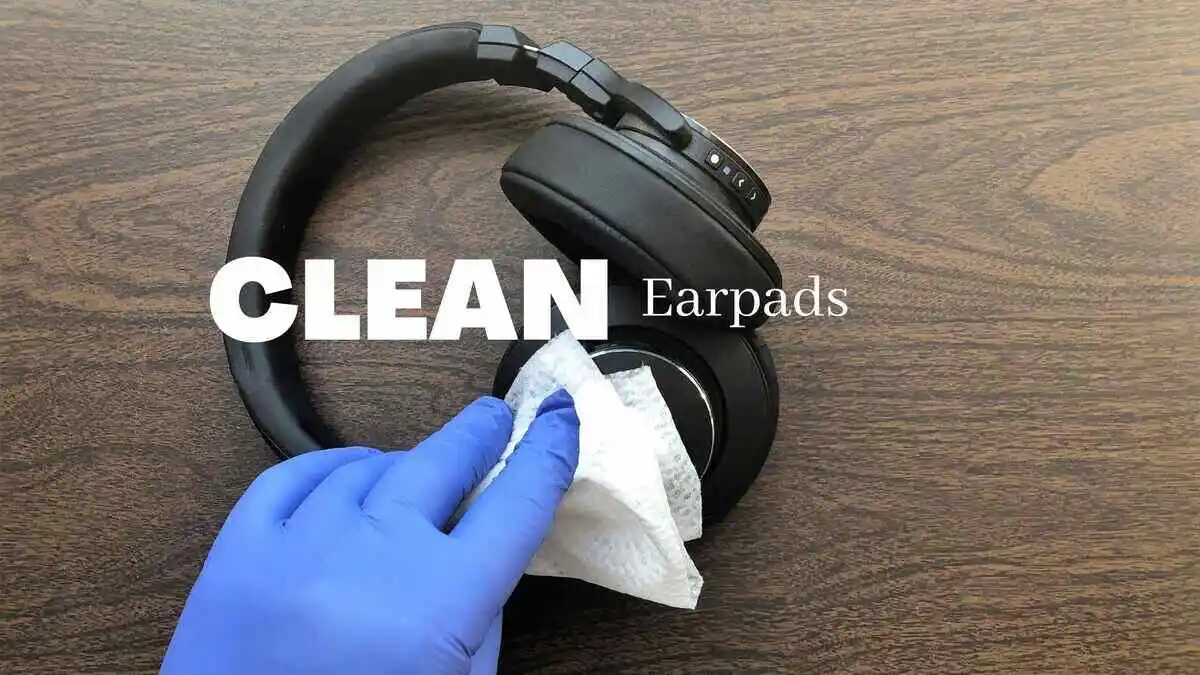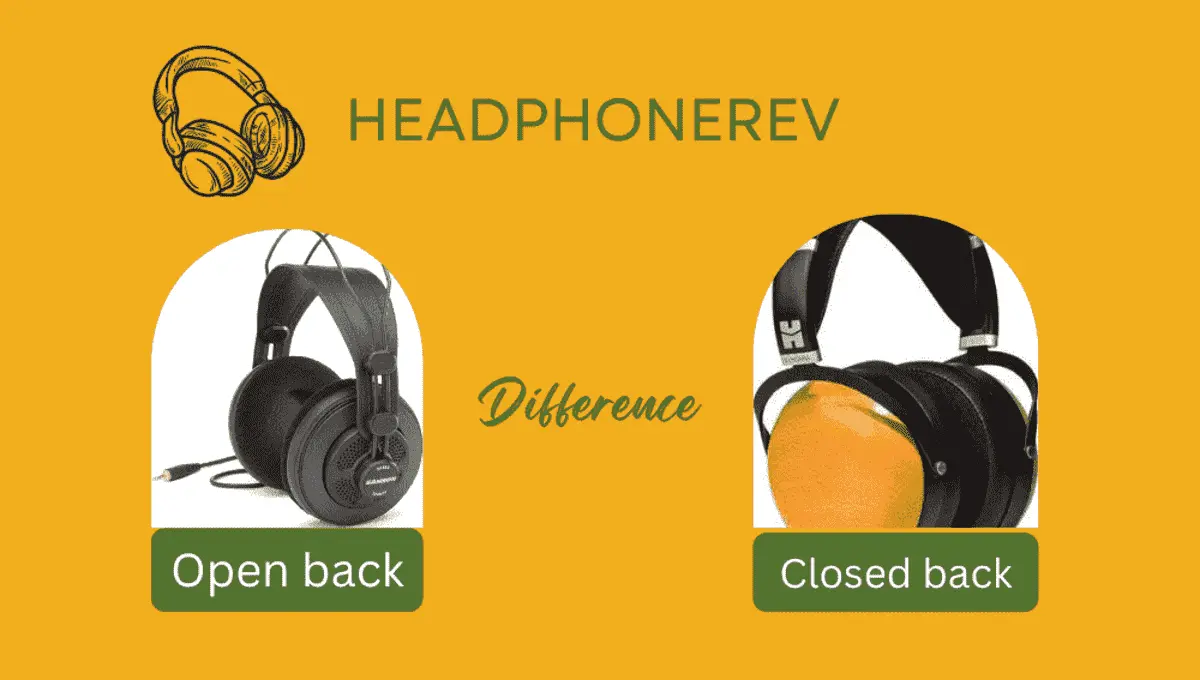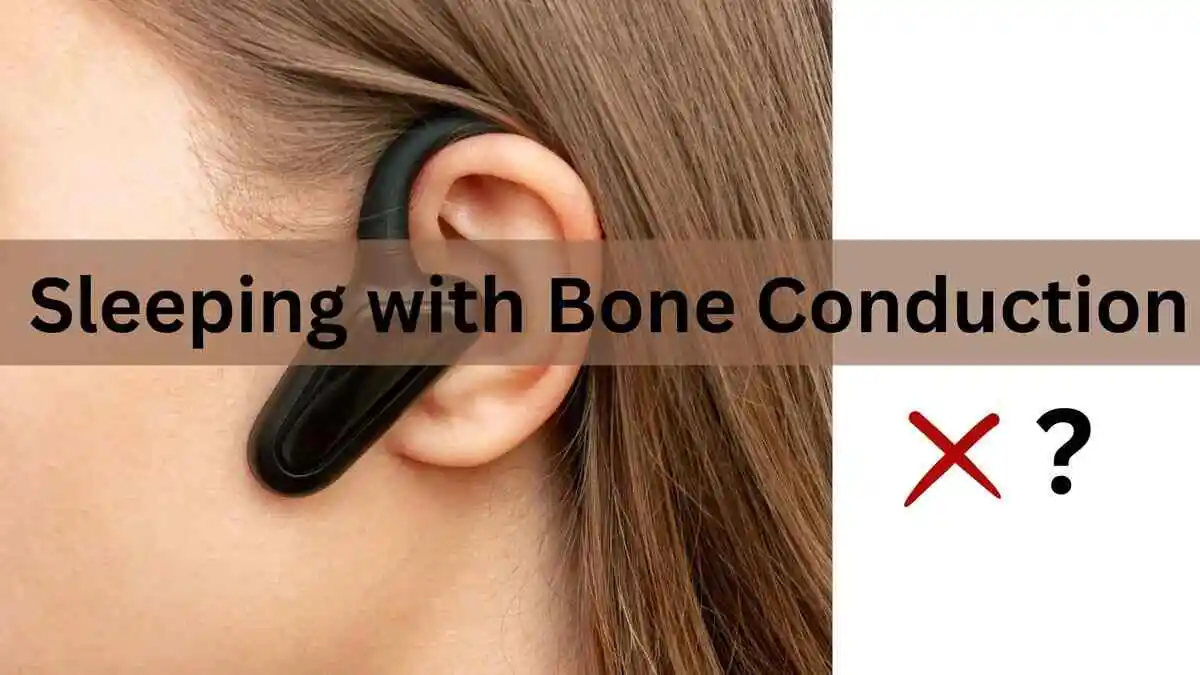When you’re using headphones to listen to music, TV shows, or other audio content, you want the sound to be as loud and clear as possible. But when your headphones are turned up, they can become very quiet. and let you raise the question of why are my headphones so quiet?
In this article, we’ll explain why my headphones are becoming quieter and provide some tips on fixing the problem or how to make headphones sound louder?
Few Things To Know:
Early Problems: If your new headphones have issues right after you buy them, it’s likely due to manufacturing defects. In such situations, it’s best to request a refund within the specified refund period, which is typically 7 to 30 days after the purchase date or after registering through apps in some cases.
Late Problems: If you encounter problems with your headphones after the refund period has passed, consider exploring the warranty for issues related to internal parts. Most headphone brands do not cover damages caused by users, such as drops and other accidents.
Lifespan: If the warranty claim period has expired, it’s advisable to purchase a new pair of headphones. This is because the end of the warranty period often aligns with the natural lifespan of the headphones, sometimes even within the last two months before the warranty expires.
Now lets see why are my earphones so quiet? there can be following reasons for this.
Why Are My Headphones So Quiet?
When we think of headphones, we often think of them as being quite loud. After all, if you’re using them to listen to music or watch a movie, you want them to be as loud as possible. But why are some headphones so much quieter than others?
There are a few different reasons that headphones can be so quiet:
- One reason is that some headphones use less foam than others. Foam is used to create the sound we hear, and it’s usually designed to be quite loud. However, if a headphone uses less foam, it produces a quieter sound.
- Ultimately, there are a few different factors that can contribute to how Quiet Headphones are. Some of these factors include, the amount of metal in the headphones, and the design of the headphones.
- If the headphones are made from cheap materials, they may not produce a strong enough signal to be heard in noisy surroundings.
- Finally, if the headphones are worn too tightly against your ear, they may cause discomfort or even damage your hearing.
- One reason is that some headphones have smaller speakers than others, reducing the amount of sound they produce.
However, the most common cause of Quiet Headphones is that the headphone ear cups are not correctly sized or positioned to amplify sound properly.
If the ear cups are too small or too far away from your ears, they will not be able to produce enough sound to be heard.
In some cases, this may be due to an issue with the headphone’s design, while in others, it may be due to improper usage or incorrect head size.
How to Make Headphones Louder? (15 Fixes)
Headphones that are designed for listening to music or watching videos will usually be louder than those meant for gaming or other types of audio.If you’re having trouble making your headphones louder, you can do a few things to increase the sound.
1. Restart:
Some times a simple restart can fix the headphones too quiet problem. Give your headphones a restart-turn your headphone off and then after few seconds turn them ON-This can be helpful almost in all the headphones. Restart can resolve the glitch if headphones sound quiet by that glitch.
2. Glitch:
If you have updated or not updated your headphones, Yes these both situations can be the cause. If you have recently updated your headphone and started to face the problem of headphones get quieter then it is recommended to reverse the update.
To locate the previous update, search for information about the firmware version preceding the current one for your specific brand and model.
3. Use an External Amplifier (Applicable on very few)
There are hardware solutions available to increase the volume of your headphones, and one straightforward option is an external amplifier. An amplifier becomes essential if you own audiophile headphones with high impedance or low sensitivity, requiring more power for louder sound.
Generally, most people won’t need an amp, but if your headphones are too quiet and you want to boost the signal, there are numerous good amplifier options. Amps can be compatible with phones, computers, and home audio devices like TVs, radios, and CD players.
Another consideration is investing in a USB audio interface, which connects to your computer via USB, allowing you to plug your headphones into the headphone jack on the interface. While somewhat clunky, this option offers many excellent choices if it suits your needs.
4. Suck The Vents:
Moisture accumulation in the nozzle and venting port of your affected IEM may be causing this issue. To prevent it, make sure to take regular breaks during your listening sessions.
If it does occur and you don’t want to wait, a quick solution is to carefully suck on your IEMs, despite how unpleasant it may seem.
5. Slave Earpiece:
In Earbuds as well as headphones it is seen that the one side of them is slave to the other-means that the one side won’t sound until the connection of the other earpiece is free from external interference.
The interference can be easily judged at places where there is a lot of Bluetooth connections around you-as in planes-where a lot of people using Bluetooth devices.
6. Check Android Setting:
On Android there are volume limiter settings that may be enabled, either to safeguard your hearing or adhere to regulations. Here’s a step-by-step guide:
- Open Settings.
- Choose Sounds and vibration, then go to Volume.
- Click the three dots located in the top-right corner.
- Select Media volume limit.
- Turn on the toggle switch and adjust the maximum volume level using the slider.
Several Android apps can assist you in adjusting your volume, such as VLC for Android, which amplifies the volume by increasing the gain of a file. It’s essential to note that excessively turning up the volume can degrade audio quality and reduce dynamic range.
If you’re looking for alternatives, various equalizer apps are available. Poweramp Equalizer, and Volume Booster GOODEV are reputable choices, although some may have short trial periods. An entirely free option for Android is Music Volume EQ, but it comes with a lot of ads, so be aware of that. The good news is that these apps don’t require root access and can work with audio from compatible apps, including most streaming services. If you want them to function with other apps, you may need to adjust advanced settings within the equalizer app.
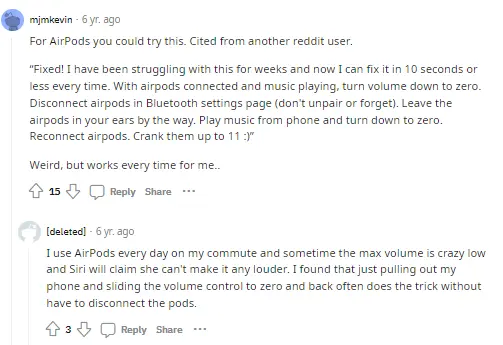
7. Earwax:
If your headphones are relatively new and have a foam insert, some dirt or earwax likely got inside the earbuds. This can reduce sound quality because each ear has its acoustic profile.
Earwax and dirt can also cause the electrical connection between the earphone and your phone to break, affecting sound quality.
If you notice that your headphones are not producing as much sound as they used to, it might be time to take them back to the store for a refund or exchange.
8. Change your EQ:
If certain parts of your audio sound quieter than the rest, you can address this issue using an equalizer. Numerous Bluetooth headphones and earbuds come with a companion app featuring an equalizer for adjusting the audio.
If your headphones lack a dedicated app, some streaming platforms provide equalizers, such as Spotify for mobile and Apple Music for iOS. Alternatively, you can explore third-party equalizer apps, which will be discussed further in the next section.
9. Ensure that the Jack is Correctly Plugged In:
To start, make sure the jack on your device is plugged in correctly. Headphone jacks can vary in size, so make sure the one on your device is compatible with the headphones you’re trying to use.
Additionally, ensure the wired connection of the headphone is not loose; sometimes, it will be difficult. Still, if you try plugging, unplugging, and rotating the jack in a clockwise or anticlockwise direction, you might get a good loud sound.
10. Ensure you Don’t have Incorrect Audio Settings:
You should see how to make headphones louder on android or IOS, Some devices have preset audio settings that may not be the best for your ears. Adjust your audio settings to match your preferences and the type of music you’re listening to. Check the audio setting manually of your headphone device.
Additionally, if you’re using an old driver, how to make headphones louder windows 10, your device may not be able to handle higher frequencies properly. This can cause your headphones to be relatively quiet. Try updating your driver or buying a new pair of headphones if this is the case.
11. A high Impedance can Reduce the Sound Quality:
Did you know that high impedance headphones reduce sound output significantly? This is why hearing music or audio in these headphones can be complex.
High impedance means the electrical current passing through the headphone wires is much lower than with low-impedance headphones, which can cause distortion and poor sound quality.
If you’re looking for a better way to listen to your music, investing in some high-impedance headphones might be the solution you’re looking for.
12. In-Ear Headphones should be Fixed in your Ears:
If you have ever tried to listen to music or watch a movie on your phone or tablet with headphones, you know how frustrating it can be when the audio is too quiet.
If the earbuds don’t fit in your ears, the sound will be muffled, and you won’t be able to hear the audio as clearly.
If you’re experiencing difficulty hearing audio through your headphones, try adjusting the fit of the headphones and make sure they’re fixed securely in your ear. Additionally, invest in quality headphones that deliver a clear signal regardless of loud environments.
13. Problems with Wireless Connectivity.
If you’re experiencing Bluetooth connection issues with your headphones, there are a few things you can do to troubleshoot the problem.
First, ensure that your headphones and phone are on the same wireless network. If they’re not, try connecting them to different networks and checking back to see if the issue resolves itself.
If you still have trouble connecting, try restarting your phone and headphones. This might clear up any temporary network issues. If none of these solutions work, it may be time to consider a new set of headphones or an upgraded wireless connection.
14. Ensure your headphones are loud when you hear relatively low sound.
If your headphones still don’t produce enough sound, the next step is to adjust the volume. You can do this by turning the knob on the headphone or by pressing the up or down button on the control panel. If adjusting the volume doesn’t work, you may need to replace your headphones.
This is especially helpful if you’re using headphones with a built-in microphone, as many phone apps now allow you to increase the volume level without removing the headphones. If none of these solutions work, there are a few other options.
One option is to invest in a pair of earbuds that connect directly to your devices through an audio cable. These earbuds are generally more potent than Bluetooth technology and are often more affordable.
15. Check the wire.
Another possibility is that the headphone wires may be damaged. If they’re crossed or twisted, it can reduce the overall sound quality and volume. Wires can also become tangled, which can cause them to malfunction or sound choppy.
If you’re still experiencing low volume even after checking to see if your headphones are plugged in correctly and for damage to your wires, there may be another problem: your hearing.
Significant damage to your inner ear can cause hearing loss, reducing the sound level that reaches your headphones. This means you’ll need to adjust your listening volume accordingly.
Conclusion:
Whatever solution you choose, experiment until you find the one that works best for you. Some people may find that boosting the volume on their device is all they need, while others may find that earbuds provide better sound quality overall. Most people use headphones to listen to music or watch movies in peace and quiet. Unfortunately, many headphones are too quiet for their users. If you’re experiencing this problem, there’s a simple solution: upgrade your headphones to some that are more powerful and have better sound quality.

